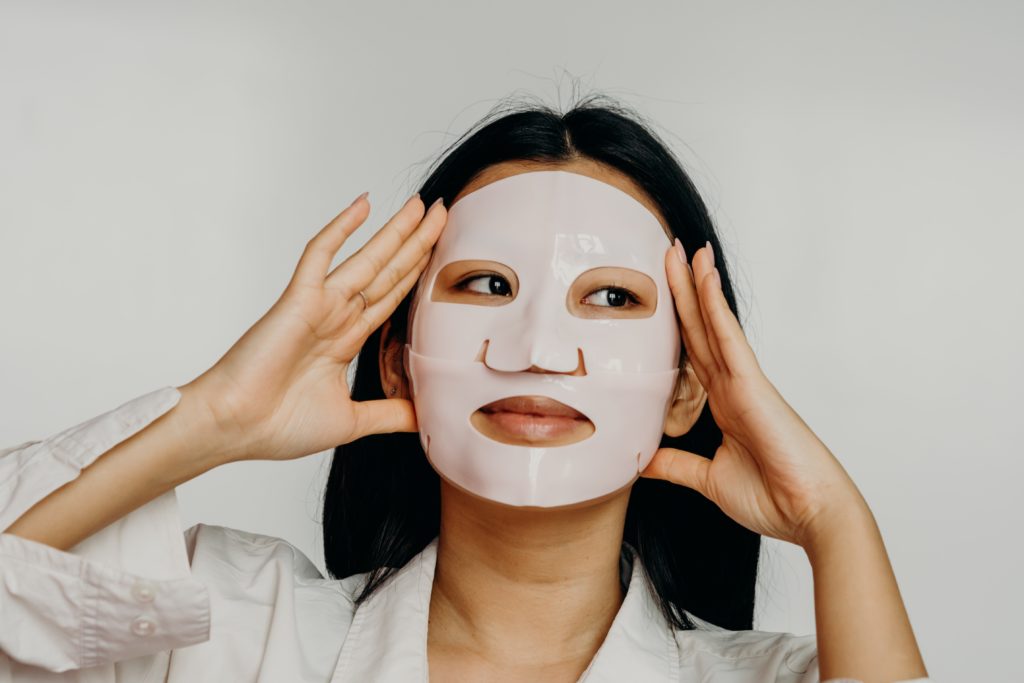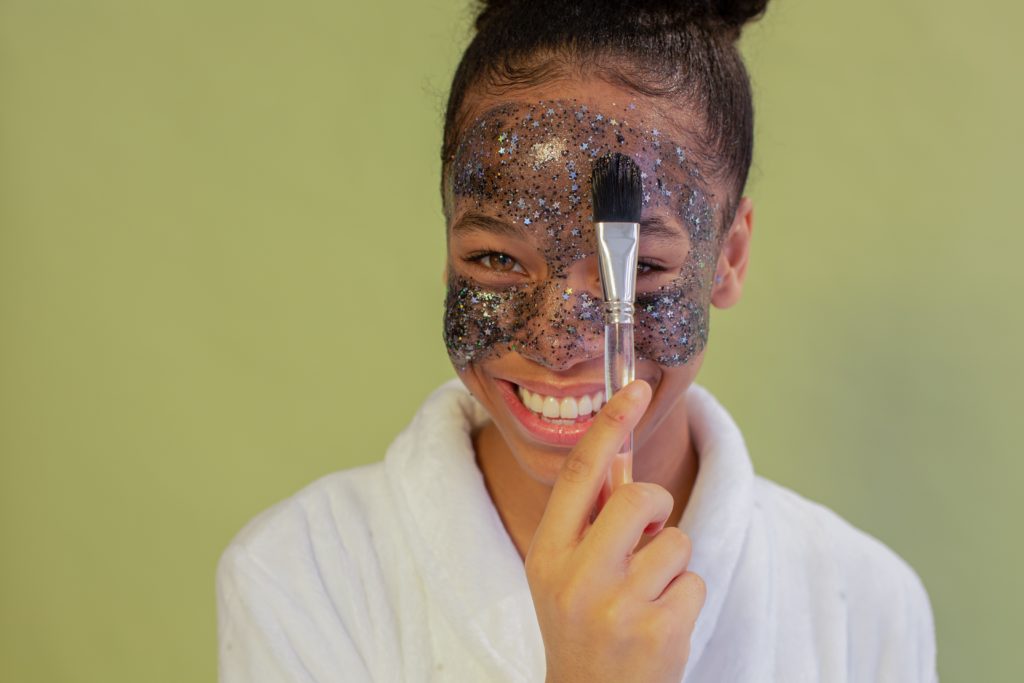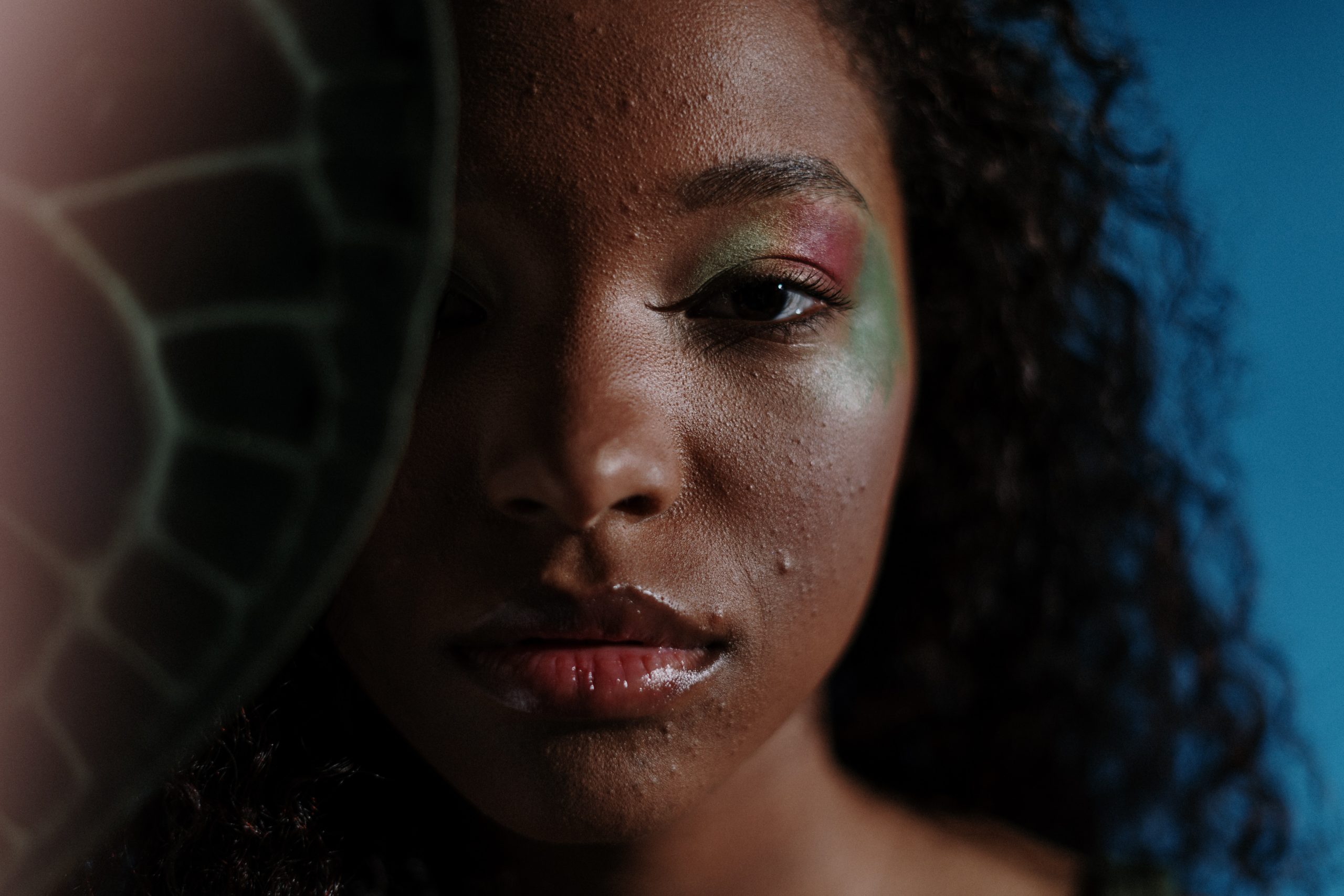Acne is a common skin condition that can affect individuals of all ages. However, it often becomes a prevalent concern for many people in their 20s and 30s.
The hormonal changes, increased stress levels, and lifestyle factors during this period can contribute to acne breakouts. Taking proactive steps to prevent and manage acne becomes crucial for maintaining healthy, clear skin.
In this article, we will discuss five effective tips on how to prevent acne in your 20s and 30s, enabling you to enjoy a confident and blemish-free complexion.
Understanding Acne in Your 20s and 30s:
Acne occurs when hair follicles become clogged with oil and dead skin cells, forming pimples, blackheads, and whiteheads.
While hormonal changes play a significant role in acne development during puberty, they continue to influence the skin in your 20s and 30s.
Fluctuating hormone levels can stimulate excess sebum production, resulting in clogged pores and bacterial infections.
Additionally, various lifestyle factors and environmental conditions can exacerbate acne in adulthood. The stress associated with professional and personal responsibilities may trigger hormonal imbalances and contribute to breakouts.
Furthermore, the use of cosmetics and skincare products, along with dietary choices and exposure to pollution, can affect the health of your skin.
Now, let’s delve into the five best tips on how to prevent acne in your 20s and 30s:
Tip 1: Adopt a Consistent Skincare Routine

Establishing a daily skincare routine is the foundation for preventing acne. Consistent cleansing helps remove dirt, excess oil, and impurities from your skin.
Opt for a gentle cleanser that suits your skin type, avoiding harsh ingredients that can strip away natural oils and disrupt the skin’s barrier. Cleanse your face twice a day, morning and night, and pat dry with a clean towel to minimize bacteria buildup.
Exfoliation is another vital step in maintaining clear skin. It helps remove dead skin cells that can clog pores and lead to breakouts.
You can choose between chemical exfoliants, such as alpha-hydroxy acids (AHAs) and beta-hydroxy acids (BHAs), or physical exfoliants, like facial scrubs.
However, be cautious not to over-exfoliate, as it can cause irritation and worsen acne. Aim to exfoliate 1-2 times a week.
Moisturizing your skin is essential, even if you have oily or acne-prone skin. Look for a lightweight, non-comedogenic moisturizer that won’t clog your pores.
Proper hydration helps balance the skin’s natural oil production and prevents it from overcompensating by producing excess sebum.
Apply the moisturizer after cleansing and exfoliating, focusing on dry areas while avoiding the T-zone if you have oily skin.
Tip 2: Mind Your Diet and Hydration
The saying “you are what you eat” holds some truth when it comes to acne prevention. While diet alone may not cause acne, certain foods can exacerbate breakouts.
High-glycemic index foods, such as sugary snacks, white bread, and processed carbohydrates, can increase insulin levels and inflammation in the body, potentially triggering acne.
Incorporate more whole grains, fruits, vegetables, and lean proteins into your diet. Additionally, some individuals find that reducing dairy consumption helps alleviate acne symptoms.
In addition to a balanced diet, staying hydrated is essential for maintaining healthy skin. Drinking an adequate amount of water helps flush out toxins and promotes skin elasticity. The general recommendation is to consume at least eight glasses (64 ounces) of water per day.
Tip 3: Manage Stress Effectively
Stress can wreak havoc on your skin, contributing to acne breakouts. When you’re stressed, your body releases hormones like cortisol, which can increase oil production and inflammation in the skin. Therefore, finding effective stress management techniques is crucial for acne prevention.
Regular exercise not only benefits your overall well-being but also helps reduce stress levels.
Engaging in physical activities like jogging, yoga, or swimming can promote blood circulation and oxygenation to the skin, which aids in maintaining a healthy complexion. Aim for at least 30 minutes of moderate exercise most days of the week.
Using relaxation techniques into your daily routine can also help manage stress and promote clearer skin. Practice meditation, deep breathing exercises, or mindfulness to calm your mind and reduce anxiety.
Additionally, ensure you’re getting enough sleep each night, as lack of sleep can elevate stress levels and contribute to skin issues. Aim for 7-9 hours of quality sleep to allow your body and skin to regenerate.
Tip 4: Be Mindful of Skincare Products and Cosmetics

The skincare products and cosmetics you use can either contribute to acne or help prevent it. Opt for non-comedogenic and oil-free products that are specifically formulated for acne-prone skin.
Non-comedogenic products are designed not to clog pores, reducing the likelihood of breakouts. Look for labels indicating “oil-free,” “non-comedogenic,” or “acne-friendly.”
When it comes to makeup, choose products that are lightweight and won’t clog your pores. Mineral-based or powder foundations are generally better options for acne-prone skin.
Avoid heavy, oil-based foundations and opt for water-based or oil-free alternatives. Additionally, always remove your makeup thoroughly before bed to prevent pore blockage and allow your skin to breathe.
Tip 5: Protect Your Skin from Environmental Factors
Environmental factors can significantly impact the health of your skin, especially in urban or polluted areas. Air pollution, high humidity, and excess sweating can all contribute to clogged pores and acne breakouts. Taking steps to protect your skin from these factors can help prevent acne.
When you’re outdoors, especially in polluted environments, consider wearing a wide-brimmed hat and using a scarf or mask to shield your face from pollutants.
This can act as a physical barrier, preventing particles from settling onto your skin. Additionally, cleanse your face thoroughly when you come indoors to remove any accumulated pollutants.
Sun protection is crucial for preventing acne and maintaining overall skin health. Excessive sun exposure can lead to inflammation and skin damage, worsening acne symptoms.
Use a broad-spectrum sunscreen with an SPF of 30 or higher daily, even on cloudy days. Apply it generously to all exposed areas and reapply every two hours or after sweating or swimming.
Conclusion
Preventing acne in your 20s and 30s requires a proactive approach that encompasses various aspects of skincare and lifestyle choices. By adopting a consistent skincare routine, focusing on diet and hydration, managing stress, being mindful of skin care products, and protecting your skin from environmental factors, you can significantly reduce the occurrence of acne breakouts and promote a clearer complexion.
FAQs
1. Can stress alone cause acne breakouts?
Stress does not directly cause acne, but it can exacerbate existing acne or trigger breakouts in some individuals. Stress can lead to hormonal imbalances and increased oil production, which can contribute to the development of acne. Managing stress through various techniques, such as exercise, relaxation, and adequate sleep, can help minimize its impact on your skin.
2. What are some specific dietary recommendations to prevent acne?
While the relationship between diet and acne is still being studied, some dietary recommendations may help prevent acne. Focus on consuming a well-balanced diet rich in fruits, vegetables, whole grains, and lean proteins. Limit your intake of high-glycemic index foods, processed carbohydrates, and sugary snacks, as these may contribute to acne flare-ups in some individuals. It is also worth considering reducing dairy consumption, as it has been associated with acne in some studies.
3. Are there any natural remedies that can help prevent acne in your 20s and 30s?
While natural remedies can benefit some individuals, their effectiveness can vary. Tea tree oil, for example, has antimicrobial properties and can help reduce acne-causing bacteria. Other natural remedies include green tea extract, aloe vera, and witch hazel. However, it’s important to note that natural remedies should be used cautiously and may not be suitable for everyone. It is advisable to consult with a dermatologist before incorporating natural remedies into your acne prevention routine.
4. How long does it take to see results when following these tips?
The timeline for seeing results can vary depending on various factors, including the severity of your acne and how consistently you follow the recommended tips. It is important to remember that preventing acne is a long-term commitment and results may not be immediate.
5. Are there any specific ingredients to look for or avoid in skincare products for acne-prone skin?
When selecting skincare products for acne-prone skin, it is important to look for non-comedogenic and oil-free formulations. Non-comedogenic products are less likely to clog pores, reducing the risk of breakouts.
Ingredients like salicylic acid and benzoyl peroxide are commonly found in acne-fighting products and can help unclog pores and reduce inflammation. On the other hand, it is advisable to avoid heavy oils, comedogenic ingredients, and potentially irritating substances such as fragrances and dyes, as they can worsen acne symptoms.
6. Does hormonal contraception play a role in acne prevention?
Hormonal contraception, such as birth control pills, can affect acne differently. Some types of hormonal contraception containing specific hormones, like estrogen and progestin, can help improve acne in certain individuals. However, other types of hormonal contraception may worsen acne or have no effect. Suppose you are concerned about acne and considering hormonal contraception. In that case, it is best to consult with a healthcare professional who can guide you on the options that may suit your situation.
7. Is it necessary to use different skincare products for morning and night routines?
Using different skincare products for your morning and night routines can be beneficial. In the morning, focus on cleansing your skin, applying a lightweight moisturizer with SPF to protect against sun damage, and using makeup if desired. In the evening, a double cleansing method can be beneficial, where you remove makeup and cleanse your skin thoroughly. Follow with a nighttime moisturizer or treatment products that promote skin repair and rejuvenation. Using specific products for each routine allows you to address your skin’s unique needs throughout the day and night.
8. Are there any other lifestyle factors that can contribute to acne in your 20s and 30s?
Yes, several lifestyle factors can contribute to acne breakouts in your 20s and 30s. These include:
a. Lack of sleep: Inadequate sleep can lead to increased stress levels and hormonal imbalances, which can contribute to acne.
b. Smoking: Smoking can worsen acne due to its negative effects on circulation and skin health.
c. Poor hygiene: Not properly cleansing your skin, regularly changing pillowcases, and using dirty makeup brushes can lead to bacteria buildup and clogged pores.
d. High levels of humidity and sweating: Excessive sweating in hot and humid environments can contribute to pore congestion and acne breakouts. It is important to cleanse your skin thoroughly after sweating.
e. Picking or popping pimples: Squeezing or picking at pimples can cause inflammation and spread bacteria, leading to more breakouts and potential scarring.
f. Use of certain medications: Some medications, such as steroids or certain anticonvulsants, may contribute to acne. If you suspect your medication worsens your acne, consult your healthcare provider for possible alternatives.
9. Can wearing makeup worsen acne breakouts?
Wearing makeup does not necessarily cause acne breakouts, but certain products and practices can exacerbate existing acne or clog pores, leading to more breakouts. It is important to choose non-comedogenic, oil-free, and lightweight makeup products specifically formulated for acne-prone skin. Additionally, ensure that you remove your makeup completely before bed to allow your skin to breathe and regenerate overnight. Regularly cleaning your makeup brushes and sponges is also important to prevent bacteria buildup.
10. Are there any advanced treatments or procedures available for stubborn acne in adulthood?
Yes, for stubborn acne that does not respond to over-the-counter treatments, various advanced treatments, and procedures are available. These may include:
a. Prescription topical medications: Dermatologists may prescribe topical treatments containing ingredients such as retinoids, antibiotics, or azelaic acid to target acne-causing bacteria, reduce inflammation, and promote skin cell turnover.
b. Oral medications: In severe cases, oral medications like antibiotics, hormonal therapies, or isotretinoin (commonly known as Accutane) may be prescribed. These medications require close monitoring by a healthcare professional due to potential side effects.
c. Professional treatments: Dermatologists may offer chemical peels, microdermabrasion, laser therapy, or light-based treatments to target acne and promote skin rejuvenation.
It is important to consult with a dermatologist to determine the most appropriate treatment option for your specific acne concerns and skin type. They can provide a personalized treatment plan based on the severity of your acne and your individual needs.



